It is, at times, easy to forget that we have control over how social media impacts our mental health and our lives in general. It’s been an unusual year, to say the least. Pandemic restrictions, economic decline, racial tensions, climate change, a contentious presidential election, and on and on! Understandably, our mental health is taking a toll; and some think social media is to blame.
Mental Health America reports that the number of declining mental health issues are rising during 2020. Additionally, “mental health” and related terms are trending on Google search. The long-term effects of limited social interaction and physical isolation are wreaking havoc on our peace of mind and our well-being.
Separately, we’re all spending a lot more time on social media these days. Makes sense, right? We’ve been staying at home for the majority of 2020, we’re bored and mindlessly scrolling, and we’re looking for distractions to break up the monotony. Social media is one of the few ways to connect safely with people since we can’t gather in-person.
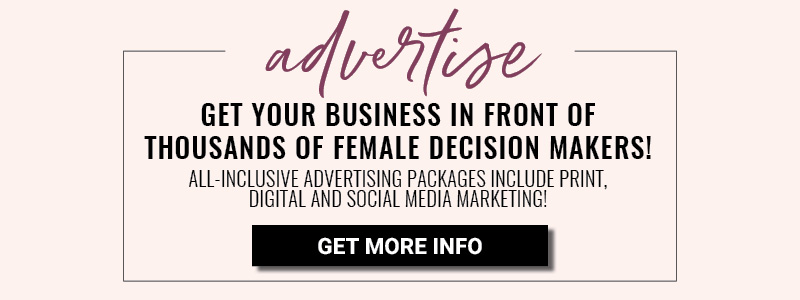
Your Mental Health and Social Media
As someone who owns a social media marketing company and has built a career out of social media marketing, I’ve been all too aware of the confluence of these two trends. On one hand, I couldn’t be more pleased that social usage is up. That bodes well for my small business in a time when businesses of all sizes are closing down left and right. On the other hand, the reason for that trend is troubling and leaves me feeling conflicted, at best.
For that reason, I felt compelled to watch The Social Dilemma on Netflix. I had been hearing a lot about it from my Facebook friends (oh, the irony!), and of course, a few of my clients were asking me about the film.
You Might Also Be Interested In:
- Now’s the Time to Take a Digital Detox
- Social Media & Dating: What the Experts Have to Say
- How to Support Someone Struggling with Mental Health
The Attention-Extraction Model
The Social Dilemma is a powerful exploration of the disproportionate impact that a relatively small number of engineers in Silicon Valley have over the way we think, act, and live our lives. The film deftly tackles an underlying cause of our viral conspiracy theories, teenage mental health issues, rampant misinformation and political polarization, and makes these issues visceral, understandable, and urgent.
-Netflix.com
The Social Dilemma touches on how social media impacts our mental health and has negatively affected our lives. As a culture, we have a Pavlovian response to the chirps of phone notifications and we immediately check our messages. There’s the fear of missing out (FOMO) on our friends’ fabulous lives; which are surely better and more “liked” than our own.
The resulting anxiety can be crippling and damaging to our well-being and mental health. Because of this, our sleep patterns are affected, we’re mentally stressed, and our physical health declines. Not a great place to be; nor a good state to be in for any period of time.
Surely, social media is at its best when it’s cultivating connection and building community — something sorely needed these days. But like any other technology, we have to remember that these online platforms get their “power” from the information that we willfully and willingly feed to that machine. Especially if those platforms could be impacting your mental health.
The attraction-extraction model described in the film breaks down how user behavior can drive addiction and build dependency. The algorithms that fuel your news feeds are based on your own usage of the platform. The more you use it, the more information you feed to the algorithm; and the more time you are likely to spend on that platform. Your own actions actually feed your addiction to social media.
The good news is that you CAN reduce your reliance on social media and protect your own mental health. Take it from someone who knows. Here are some suggestions:
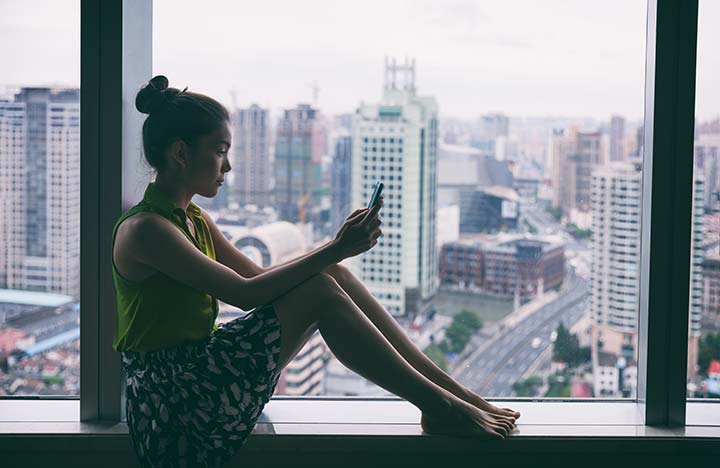
How to Reduce Your Reliance on Social Media
Manage your time spent.
Over the course of a week, take notice of your social media usage. Many smartphones will even track and report your screen time for you. You might be surprised how much those minutes here and there add up over a week. Aim to reduce it by another 15-30 minutes each week.
Be mindful of how you spend your time on social. Are you just bored and looking for a distraction? Are you truly seeking connection? Perhaps you’re worried that you’ve missed an important update? Become more self-aware of how you’re using social media to get through the day.
Remove the distractions.
Turn off the social media notifications on your phone. Delete the mobile apps from your phone. Only use social media when you’re on your desktop or laptop computer.
Wanna go hard core? Disable your Facebook news feed. (I know. YIKES.)
Put your phone away at designated times of the day. Keep it in another room overnight (NOT on your nightstand). Institute a phone-free dinner table.
Resolve to not use your phone while it’s charging during the day. Substitute a healthy, alternate activity to recharge your body or reset your mind while your phone is charging. Go for a walk, eat a healthy snack, spend quality time with your family, or read a book.
Be more intentional.
Be more aware of what you spend time on in your news feed, and what kinds of content you post. Remember that algorithms note what you click on, and feed you more of it. If it doesn’t feed your mind or lighten your vibe, keep scrolling by.
Curate your news feed by unfollowing those friends who regularly post inflammatory content, or anything that causes you stress. Don’t engage with content that you don’t want to see again and again. Instead, seek out uplifting or lighter content, and engage with those posts.
Only pick up your phone with a specific goal in mind. For example, find a new recipe for dinner. Message (or CALL!) a friend. Check the weather. Then put your phone down.
Reclaim Your Time.
Protecting your mental health is even more important in these challenging times. You can still be on social media AND prioritize your well-being. You don’t have to delete your Facebook. Just being aware of how social media impacts your mental health is a great start! Mental health and social media can peacefully coexist with a few adjustments.
Reclaim that lost time and reprioritize your day. Take charge of your headspace by trying a few of the suggestions above. You will be amazed at how much lighter you feel.
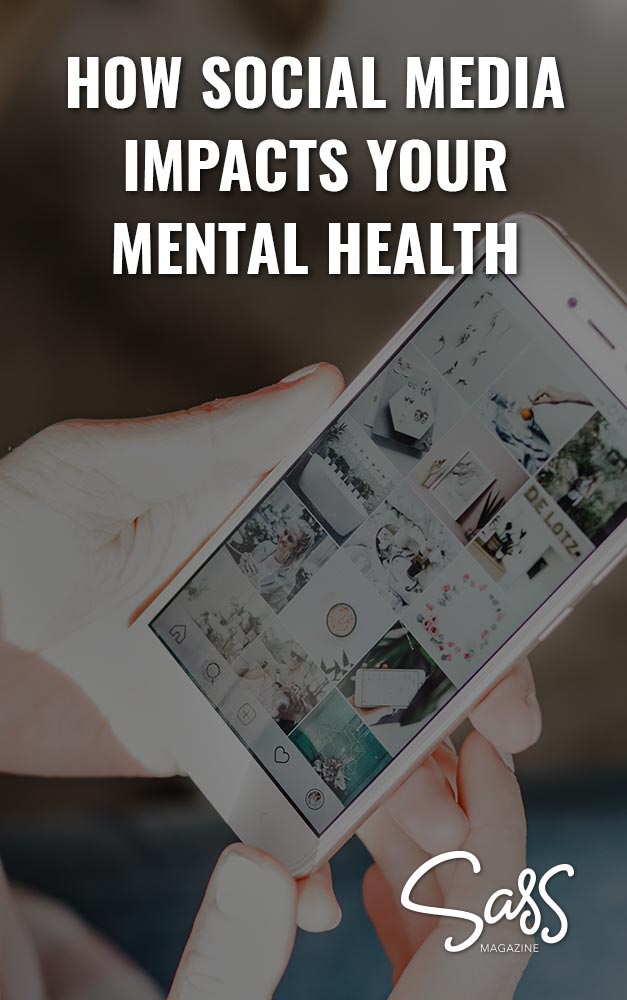

Faith Wachter
Faith Wachter has been on Facebook since 2007. She founded Faith Wachter Consulting, LLC in 2015 to provide social media solutions for small businesses and nonprofits. She lives in New Market, MD with her family, and eagerly looks forward to the day when we can safely travel again.

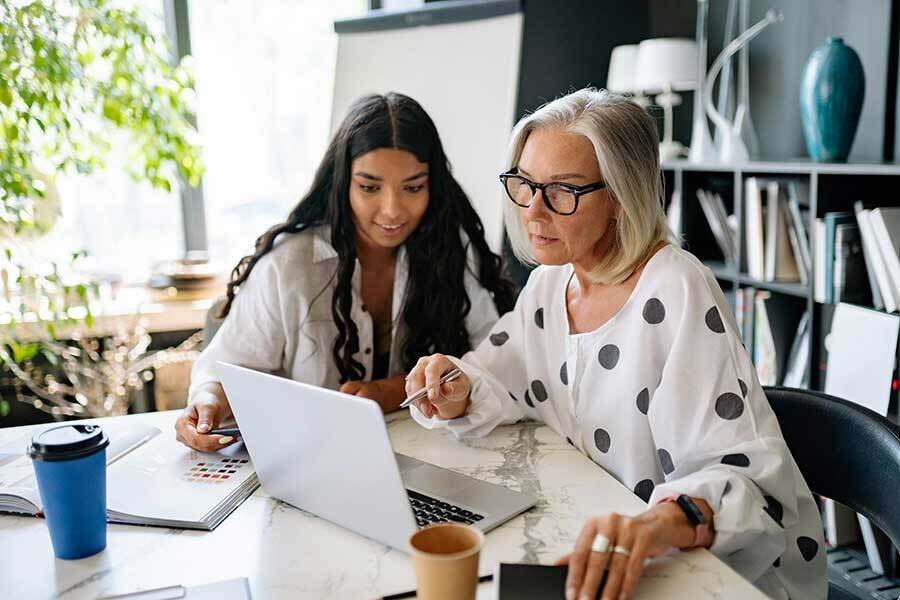
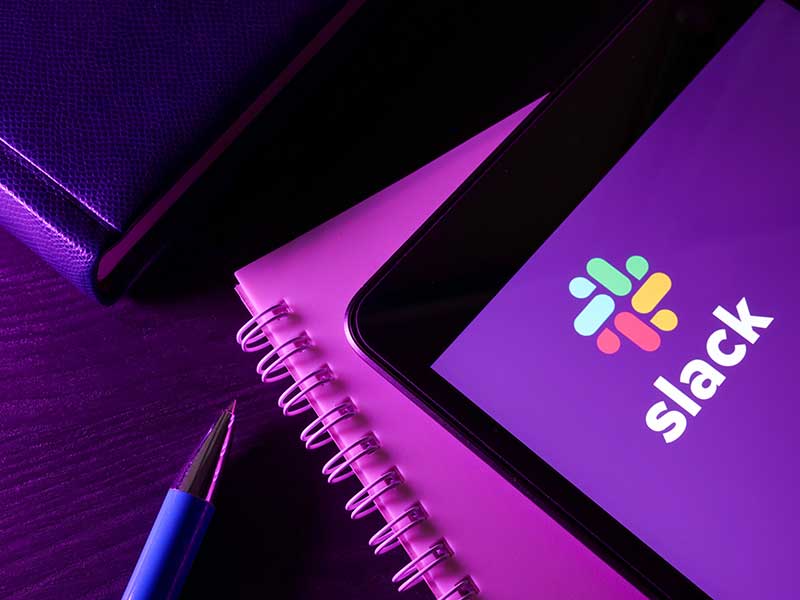

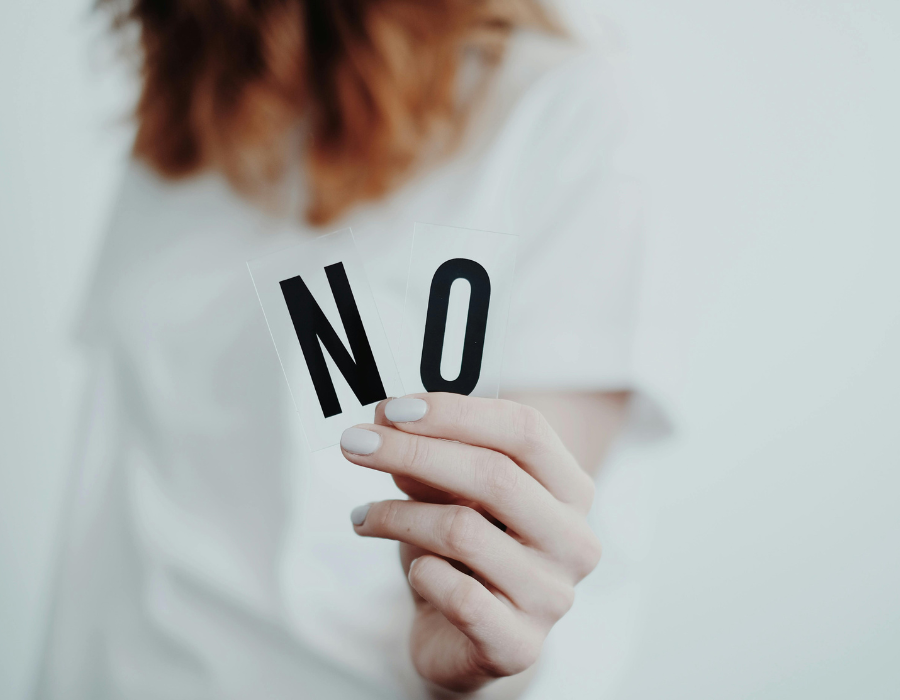




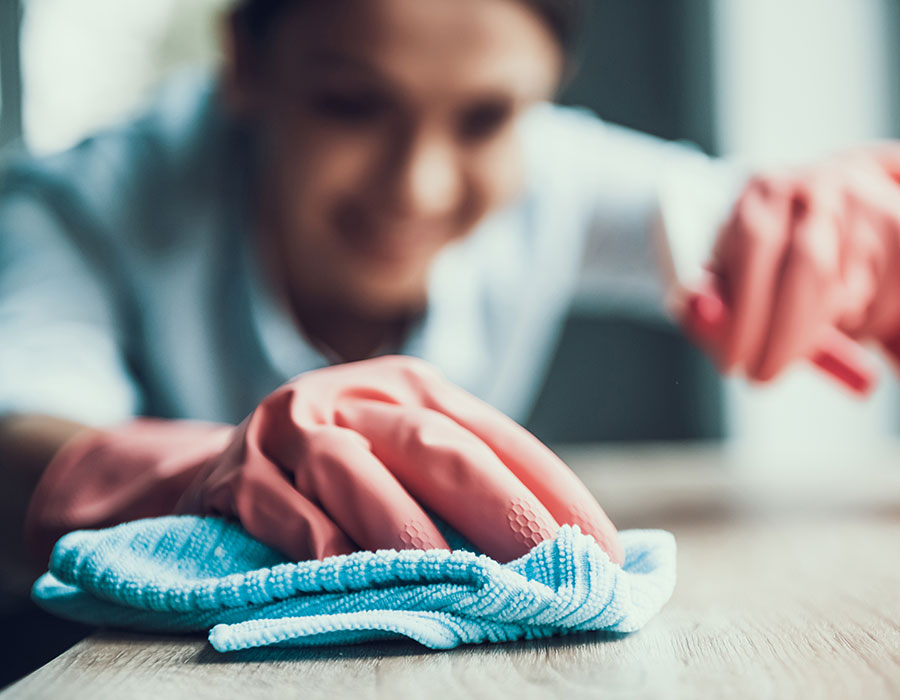










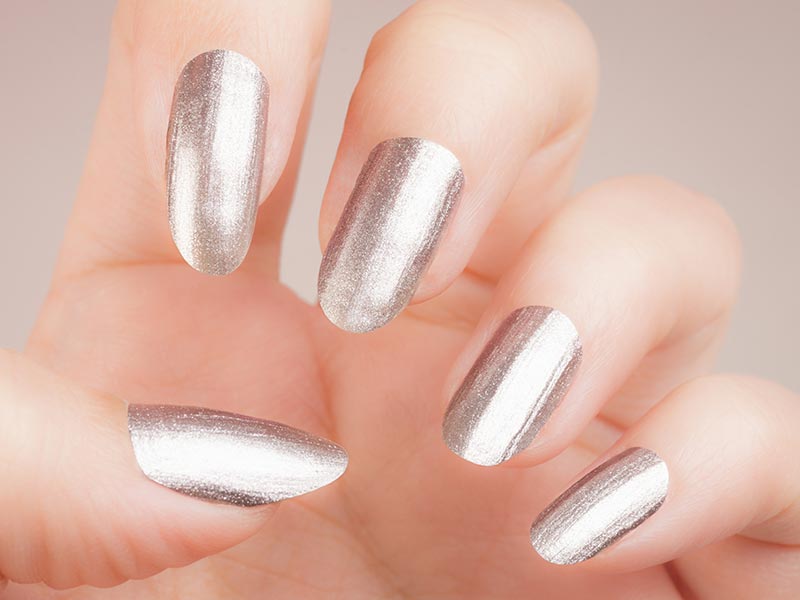
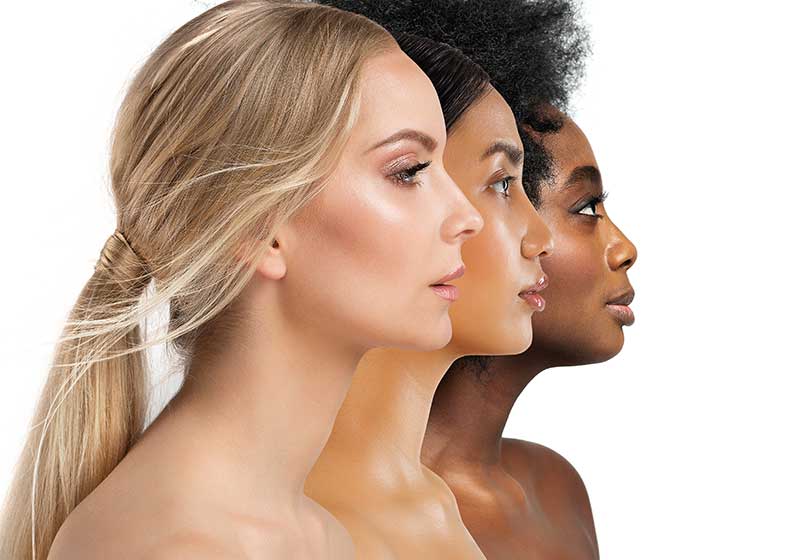
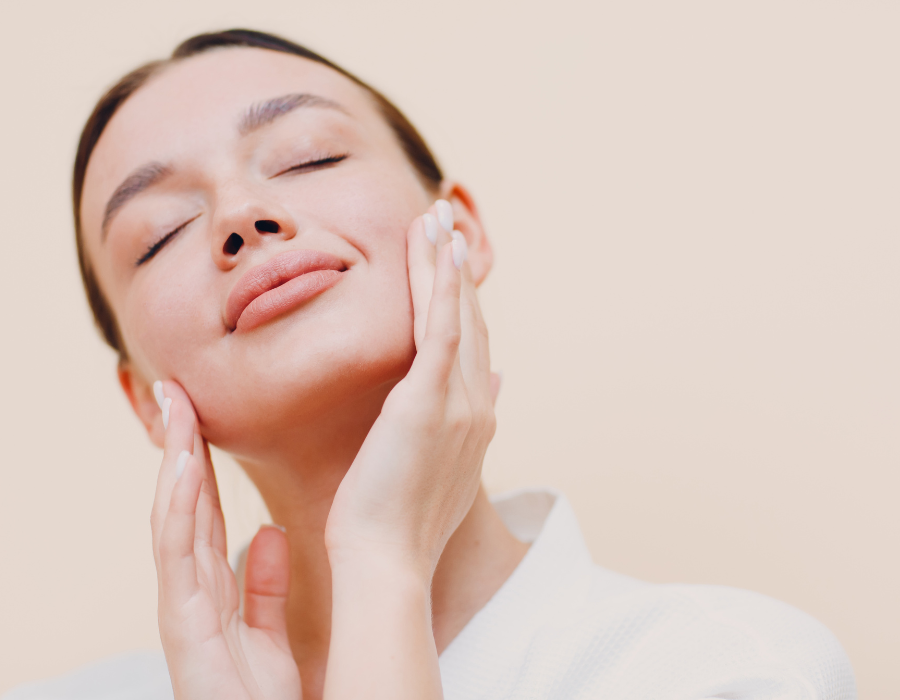


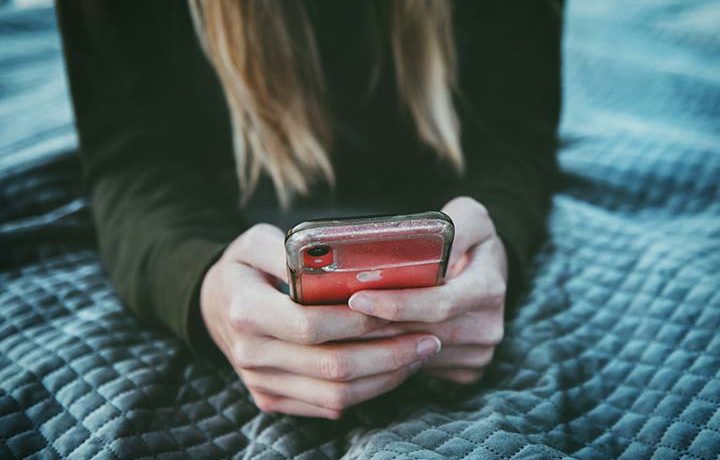
Social media has certainly changed how people think and behave.